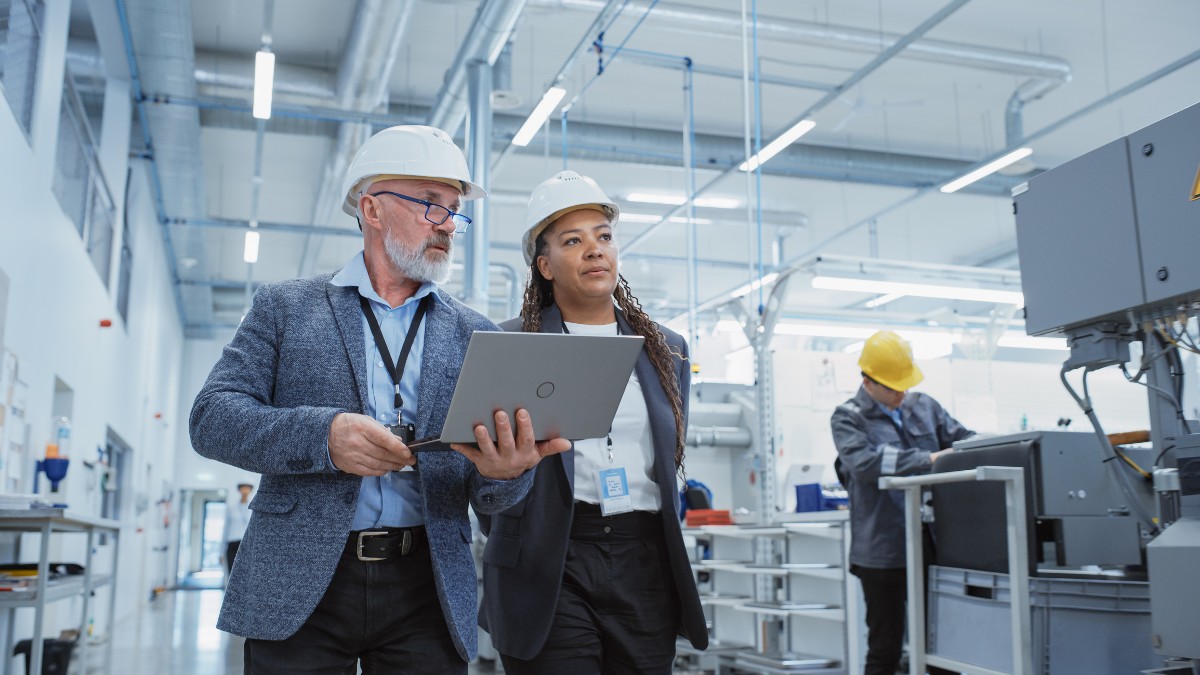From dealing with the uncertainty the ongoing pandemic to the rise in protests against systemic racism and government issues, people are experiencing anxiety and emotional stress daily.
We’ve been experiencing constant shifts in our day-to-day lives, wondering when we’ll be able to see and hug our loved ones again, when we will go back to regular office life, and when our Black community will be treated fairly and equally as the rest of us. Our Summer breaks and vacations don’t look the same anymore. Pre-pandemic, it was something we looked forward to. And with these constant changes, we become anxious on top of the stresses some might already experience at home (such as managing children while working, care for the elderly, or financially struggling caused by the pandemic).
Work Pressure Creates Mental Health Instability
In 2019, the World Health Organization classified workplace burnout as an occupational phenomenon. Defined as a syndrome “resulting from chronic workplace stress that has not been successfully managed,” it is not considered a medical condition.
To avoid occupational burnout, employees need support during this time, especially for their mental health. We may not see our employees in the physical world, but we can still learn to understand their challenges in the virtual world. The workaholics of your organization won’t take time off on their own. Some employees might be afraid to speak up while others could be hoarding off their vacation time. In Emtrain’s New Findings on Workplace Culture During Pandemic Report, and Do You Know How Your Workforce is Feeling?, “we saw a 15% drop in employee likelihood to say “no” to inappropriate requests, and a 20% drop in employee belief that managers understand it’s hard for them to say ‘no.’”
Employees feel they are now needed now more than ever in your organization. They may not ask for time off or long mental breaks away from their laptops in fear of risking losing their jobs. They might feel they will be outperformed by other employees of your organization if they do take the time off. People leaders need to lead by example. Here’s why taking time off during a pandemic is important.
Blurred Lines Between Work Life and Home Life
Pre-pandemic, work-life balance has always been a challenge for many employees across the U.S. Some companies are not used to working from home for this long, and can’t seem to figure out how to manage teams remotely. We’re not physically communicating with each other, so the only way we “see” each other is via video calls and team chat apps.
Work-life and home life have merged into one, using our multitasking skills and balancing the two simultaneously, which can harm one’s mental health. Most employees work longer hours from home and respond to every message or email, even after work hours. On top of that, there is increased responsibility at home. Employees with kids or taking care of their elderly relatives must tend to them while working and meeting their every need. Let’s not forget the managers of your organization; managing teams and managing kids at the same time can create another set of blurred lines between the two.
The impact of remote work puts more pressure on employees to prove that they’re on top of their workload. This comes out of the fear that managers may think they are not as productive as they once were in the office. With all the pressures employees might be experiencing, taking some time off can help their mental and emotional well-being. Encourage managers to encourage their teams to take time off to spend real, quality time with their families at home or the people in their household.
The Digital World is Exhausting
Social media, news outlets, work emails, phone calls, video meetings, and more are all forms of communication and in-the-know tools that are part of our daily lives and need to disconnect from every once in a while. With negative news filling our social media feeds and meeting invites filling up our work calendars, employees feel overwhelmed, stressed, and anxious. We’ve heard phrases like “Zoom exhaustion,” “Coronacoaster,” and “quarantine fatigue,” as we’re still navigating through the pandemic. But these are more than just a hashtag or a headline of a news article; it’s real feelings that most of your employees might be experiencing, which ultimately impacts their mental health.
Daily commutes pre-pandemic, whether it be taking public transportation or driving, had its benefits. It was time to either gather thoughts before starting the workday, catching up on a book, or listening to a podcast. Sure, we might check emails and respond to messages during the commute, but now it’s challenging to disconnect from your phone as soon as you wake up.
Pre, during, and post-COVID, mental health at work needs to be prioritized. Our society is at a constant change and as people leaders, we need to be the support system of our workforce and meet their needs.
How to Drive Employee Behavior Change
If employees finally decide to take some time off or take a 2-hour lunch break, colleagues need to learn to respect that. Empathy is always key to driving behavior change and understanding that everyone is handling today’s current events differently. As People leaders, we must always understand what our employees are experiencing, especially right now. With the understanding that everyone’s values and perspectives are different, we need to have common ground in talking about stressful situations. Build respect and empathy as skillsets, not nice-to-haves.
Some of Emtrain’s microlessons tap into these topics and behaviors:
- Emotional Intelligence at Work
- Build an Inclusive Environment
- How to Foster a Shared, Healthy Workplace
The ultimate goal of prioritizing mental health at work is to create an inclusive space for everyone and building a great culture that minimizes risk. Your employees just want to be supported. Are they getting the support they need?
Explore Emtrain’s microlessons and request a demo of one that might fit your organizational goals. Talk to one of our experts for more advice on how to manage the well-being of your workforce during these tough times.








